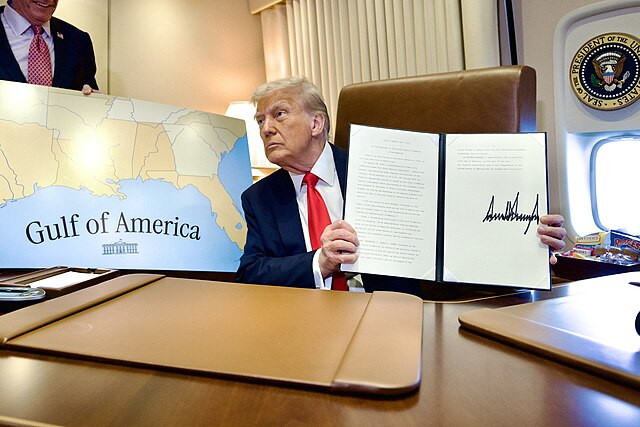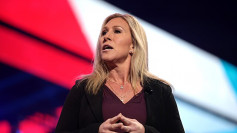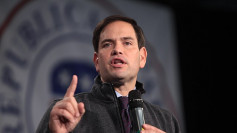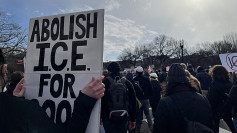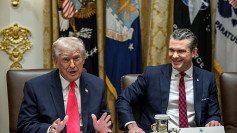Tech and finance giants scrambled Friday night to warn thousands of employees on H-1B visas to stay in the United States or rush back before a looming deadline, after President Donald Trump signed an executive order imposing a $100,000 annual fee for each visa application and renewal. The order, effective September 21 at 12:01 a.m. ET, has created a sudden scramble that could disrupt global mobility for some of the most in-demand workers in Silicon Valley and Wall Street.
Amazon, Microsoft, Meta and JPMorgan Chase issued late-night guidance instructing H-1B workers in the U.S. to avoid international travel and those abroad to return immediately. Amazon's internal HR portal warned: "If you have H-1B status and are in the US: Stay in the country for now, even if you have travel planned for the immediate future." It also cautioned workers outside the U.S. to "try to return before tomorrow's deadline if possible" and not attempt reentry if they miss it "until further guidance is provided."
Microsoft employees received a memo urging them to "stay put for the foreseeable future," acknowledging that the order "may not leave much time to make travel arrangements." The message added: "I know these developments are creating uncertainty for many of you. While we don't have all of the answers right now, we ask that you prioritize the recommendations above." JPMorgan employees were advised by Ogletree Deakins, the law firm handling the bank's visa cases, that H-1B holders "should remain in the U.S. and avoid international travel until the government issues clear travel guidance."
The order marks the administration's most aggressive move yet to reshape temporary employment visas, coming after months of signals that Trump intended to tighten legal immigration. Commerce Secretary Howard Lutnick defended the measure, saying: "Either the person is very valuable to the company and America, or they're going to depart and the company is going to hire an American."
The cost represents a dramatic escalation from the current process, where fees amount to only a few thousand dollars over the three- to six-year duration of an H-1B visa. Lutnick said the $100,000 fee would apply annually and that "all the big companies are on board," though industry sources said details of how the program will be administered remain unclear.
The U.S. issues 65,000 H-1B visas annually, plus 20,000 for applicants with advanced degrees, with India accounting for 71% of beneficiaries and China roughly 12%. Amazon alone received approval for more than 12,000 visas in the first half of 2025. Shares of Cognizant Technology Solutions, which depends heavily on H-1B labor, dropped nearly 5% on the news, while U.S.-listed shares of Indian IT firms Infosys and Wipro fell between 2% and 5%.
Supporters of the visa program, including Tesla CEO Elon Musk, argue it is essential to maintaining U.S. competitiveness. Critics, particularly some American tech workers, say the system suppresses wages and displaces qualified U.S. talent. Adding new fees "creates disincentive to attract the world's smartest talent to the U.S.," said Deedy Das, partner at Menlo Ventures. "If the U.S. ceases to attract the best talent, it drastically reduces its ability to innovate and grow the economy."
Some analysts warned that the measure could drive companies to move high-value roles overseas, potentially undermining U.S. ambitions in the race for artificial intelligence supremacy. "In the short term, Washington may collect a windfall; in the long term, the U.S. risks taxing away its innovation edge, trading dynamism for short-sighted protectionism," said eMarketer analyst Jeremy Goldman.
Trump also signed a separate order Friday creating a "gold card" path to permanent residency for those willing to pay $1 million, underscoring the administration's preference for a system that prioritizes wealth and reduces reliance on lower-cost foreign labor.
